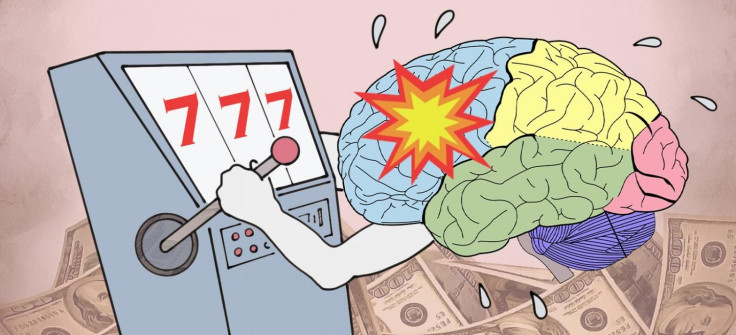Brains Of Gambling Addicts Cannot Recognize Risks Properly, Study Finds

For anyone who has been to a casino, it may be a familiar feeling: you have a bad streak going, you get dealt another bad hand, and the proverbial last straw makes you fold and leave. But then, you are probably not a gambling addict, who when faced with the same situation, would probably raise the bet.
And now, research by scientists in Japan tries to answer why gambling addicts behave the way they do. To come up with an answer, they used functional MRI (fMRI) to scan the brains of addicts. Previous fMRI studies have shown addicts to “have altered activity in brain regions related to risk and reward, making them prone to prefer risky choices. New fMRI research conducted at Kyoto University has now found another explanation for the unhealthy bent: addicts have a poor ability to assess and adapt to high risk situations,” according to a statement from Kyoto University, one of the two universities whose researchers were involved in the study.
Titled “Deficit of state-dependent risk attitude modulation in gambling disorder,” the open-access study was published in the journal Translational Psychiatry earlier in April.
Lead author Hidehiko Takahashi said in the statement: “We noticed that gambling addicts also have higher levels of mood and anxiety disorders. Hence pleasure may not be the main goal, but rather an inability to properly recognize risk and adapt accordingly.”
In other words, people addicted to gambling are unable to assess the risk in any given situation, and therefore do not alter their behavior to best suit the circumstances. Through a series of gambling tasks that gave participants certain amounts of credits, the study found addicts chose a risky strategy even when it was not the best choice.
“We observed diminished activity in the dorsolateral prefrontal cortex, a region of the brain involved in cognitive flexibility. This indicates that these subjects lack an ability to adapt their behavior to the risk level of the situation,” Takahashi concluded.
© Copyright IBTimes 2024. All rights reserved.











